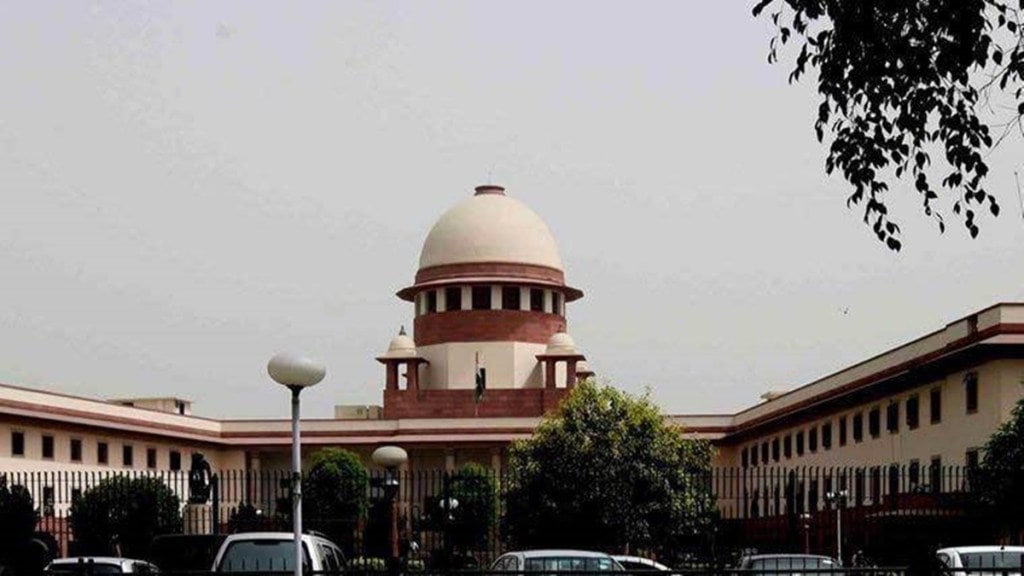The Securities and Exchange Board of India (Sebi) is right in seeking more time to investigate the charges against the Adani group. A three-judge bench presided by Chief Justice of India D Y Chandrachud had asked Sebi in March this year to “expeditiously conclude the investigation within two months and file a status report”. Given the complexities of the case, the two-month limit was anyway unreasonable. The Hindenburg report had highlighted several issues, including stock price manipulation, insider trading, and round-tripping, and “revealed” the role of Gautam Adani’s elder brother Vinod Adani in facilitating funding for the group in recent years. In its directive to Sebi, the Supreme Court had also sought a look into whether the group had flouted the minimum public shareholding norms and failed to disclose related-party transactions. Many transactions mentioned in the report are of recent vintage.
The enormity of the task becomes evident from the Sebi application, which stated that 12 suspicious transactions raised in the Hindenburg report were being probed. There is no doubt that, prima facie, these transactions are complex and have many sub-transactions and a rigorous investigation of these transactions would require collation of data/information from various sources along with detailed analysis including verification of submissions made by the companies.The “analysis” would also include pouring over the financial statements of offshore entities involved in the transactions, disclosures filed with the stock exchanges, minutes of the meetings, connections/relations among entities both domestic and overseas and examination of contracts and agreements, the application explained. The investigation process would have to include depositions from key managerial personnel, statutory auditors and other “relevant” persons, besides entailing obtaining bank statements from multiple domestic as well as international banks for transactions that may date over 10 years back. In its application, Sebi has listed the nature of the investigations requiring more time. It says that even in cases where they did not find prima facie violations, they need more time to back their findings conclusively.
Also read: Subvention schemes need better targeting
The SC’s decision to set up an expert committee on the issue casts aspersions on the market regulator’s investigation and invites doubts about its ability. Though unfortunate, the apex court may be justified in its action because of the regulator’s poor track record. A case in point is the NSE colocation case which led the Securities Appellate Tribunal to suggest shoddy investigation by the regulator. SAT also criticised Sebi for adopting a slow approach and for “placing a protective cover over NSE’s alleged misdeeds”. SAT further pointed out that the whole-time member, who is the second senior-most official at Sebi, arrived at exactly opposite findings on the same issue, in two separate orders, on the very same date.
Also read: Better performance in statistics
These are stinging observations and instead of moving the Supreme Court challenging the observations, the new regime at Sebi must take corrective action to put its house in order. But that doesn’t mean Sebi should be in a tearing hurry to complete the investigations into the Adani case. After all, at the end of the day, the points raised by Hindenburg are still allegations and require to be thoroughly investigated. That requires time—unnecessary fast-tracking of the probe may invite allegations of witch-hunt. They may also fall flat if not backed up by enough evidence. Shoddy investigation can undermine the credibility of the Indian market and its governance standards. That would be bad news for investors in India’s financial markets. It is better to be safe than sorry.

